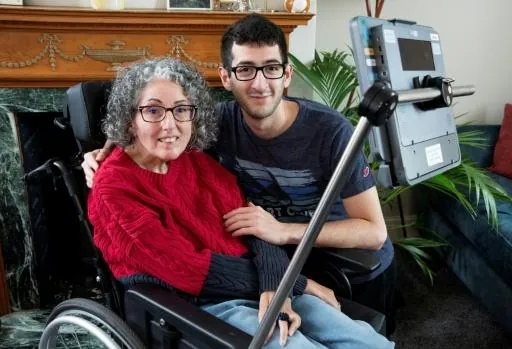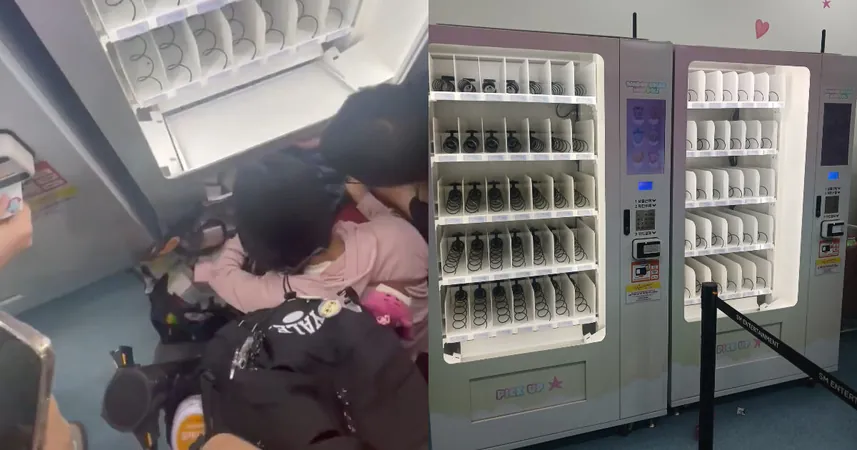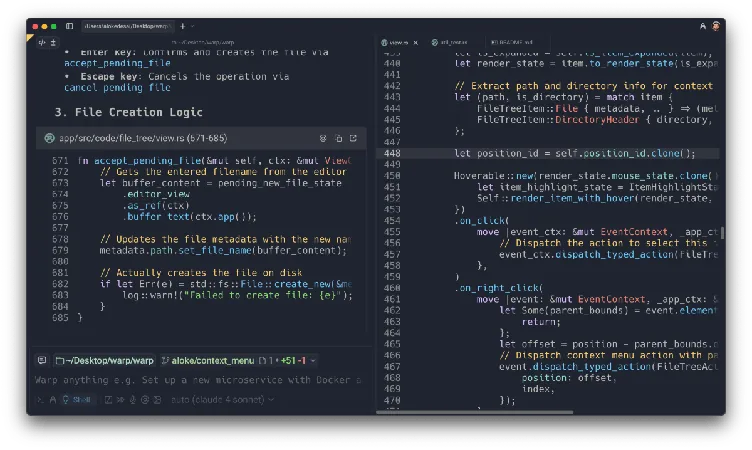
Revolutionary AI Restores Woman's Voice After 25 Years of Silence
2025-08-27
Author: Daniel
In a groundbreaking development, a British woman has reclaimed her lost voice after 25 years of silence, thanks to innovative artificial intelligence technology. Sarah Ezekiel, an artist and mother, was diagnosed with motor neurone disease (MND) at the age of 34 while pregnant with her second child. The devastating condition, which gradually deteriorates nerve functions, left her unable to speak, impacting her life and art.
For years, Sarah managed to communicate using a computerized voice that bore no resemblance to her own. As her two children, Aviva and Eric, grew up, they never heard their mother’s authentic voice. But advancements in technology offered a glimmer of hope - a method to recreate an individual’s original voice from minimal audio samples.
Traditionally, this voice synthesis required high-quality recordings; however, Sarah only had access to a poor-quality eight-second clip from a 1990s home video. When Simon Poole, a representative of the innovative UK medical communication company Smartbox, reviewed it, he felt a wave of disappointment. With limited resources, replicating Sarah's voice seemed nearly impossible.
However, Poole leveraged cutting-edge AI developed by ElevenLabs, a New York-based expert in voice technology. This AI was capable of isolating the voice sample and using data-driven methods to fill in the blanks, producing a surprisingly natural-sounding voice that closely mirrored Sarah’s original tone, accent, and even her distinct lisp.
When Sarah listened to her newly synthesized voice for the first time, she was overwhelmed with emotion, nearly brought to tears. She shared the recording with a friend from her past, and the reaction was profound – it was like hearing herself speak again.
According to the Motor Neurone Disease Association, nearly 80% of MND patients experience difficulties with their voice post-diagnosis. The new AI technology represents a significant leap forward, transforming what was once a robotic and dispassionate sound into a warm, human-like voice.
This breakthrough not only restores communication but helps maintain personal identity for those who lose their ability to speak. Poole emphasizes the importance of hearing one's original voice, especially for individuals diagnosed later in life, as it significantly enhances their sense of self.
As AI technology continues to advance, it provides a beacon of hope for many, renewing voices that were thought lost forever.





 Brasil (PT)
Brasil (PT)
 Canada (EN)
Canada (EN)
 Chile (ES)
Chile (ES)
 Česko (CS)
Česko (CS)
 대한민국 (KO)
대한민국 (KO)
 España (ES)
España (ES)
 France (FR)
France (FR)
 Hong Kong (EN)
Hong Kong (EN)
 Italia (IT)
Italia (IT)
 日本 (JA)
日本 (JA)
 Magyarország (HU)
Magyarország (HU)
 Norge (NO)
Norge (NO)
 Polska (PL)
Polska (PL)
 Schweiz (DE)
Schweiz (DE)
 Singapore (EN)
Singapore (EN)
 Sverige (SV)
Sverige (SV)
 Suomi (FI)
Suomi (FI)
 Türkiye (TR)
Türkiye (TR)
 الإمارات العربية المتحدة (AR)
الإمارات العربية المتحدة (AR)